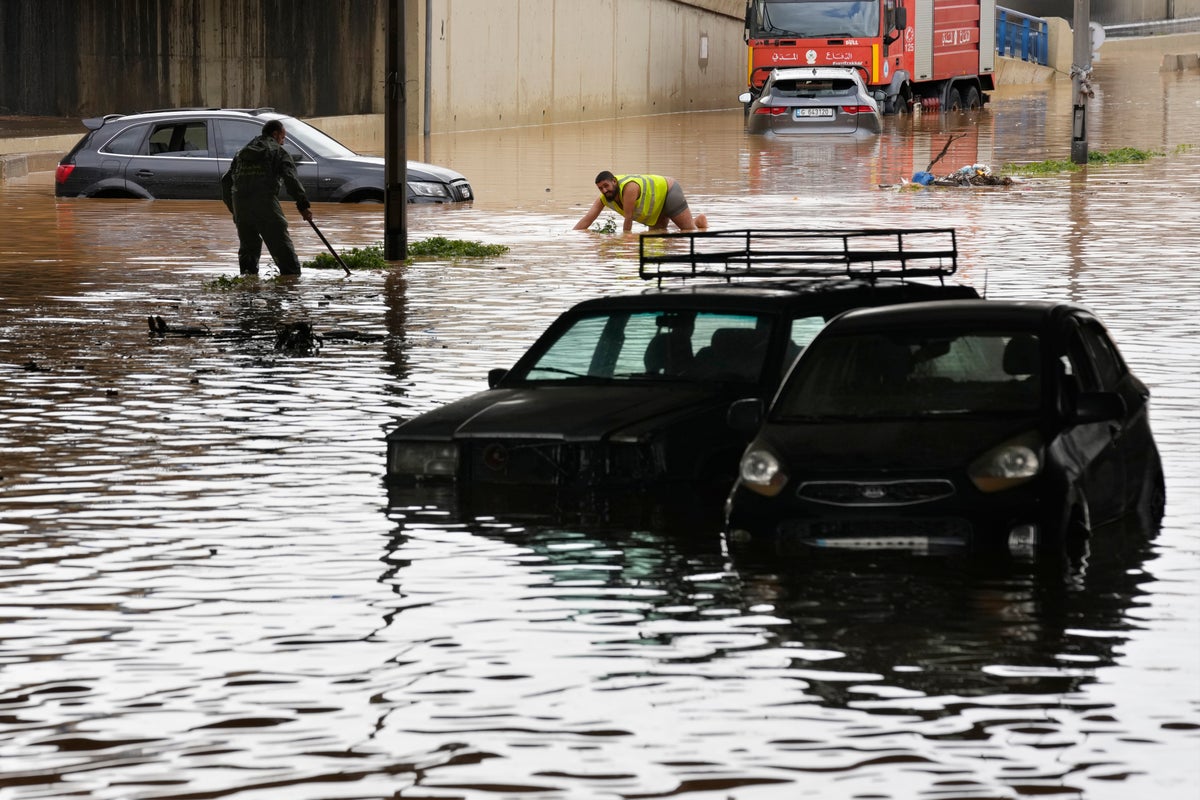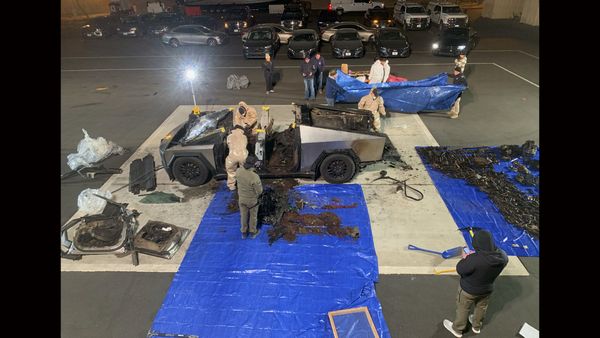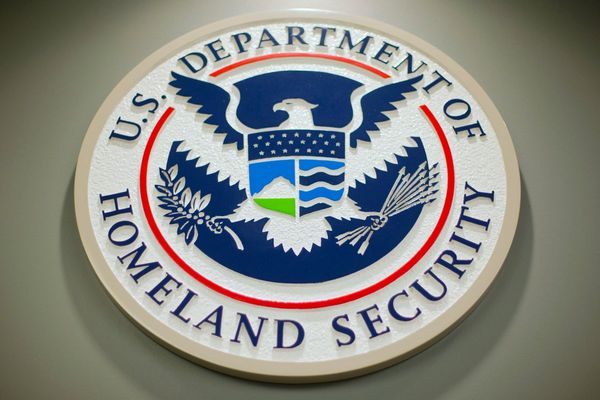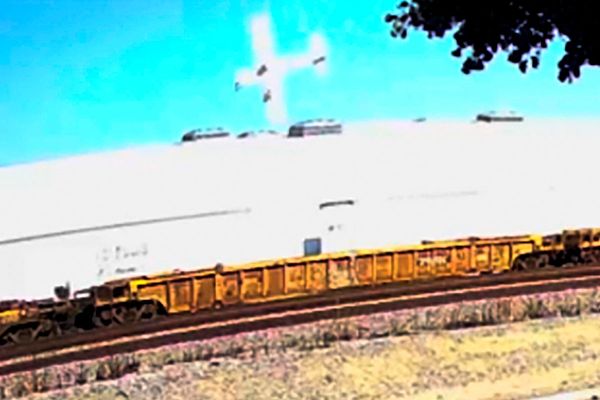
Christians in the border villages of south Lebanon prepared for a subdued Christmas under the shadow of the ongoing war in Gaza and its spillover in Lebanon.
While in Beirut restaurants were packed and hundreds flocked to Christmas markets in the days leading up to the holiday, in the border towns houses were empty and businesses shuttered. The residents have fled to stay with relatives or in rented apartments in Beirut or other areas farther from the conflict.
Since the outbreak of the Israel-Hamas war on Oct. 7, the Lebanese militant group Hezbollah and Israeli forces have engaged in near-daily clashes on the border that have killed around 150 people on the Lebanese side - most of them fighters with Hezbollah and allied groups, but also at least 17 civilians, according to a tally by The Associated Press.
Some 72,437 people in Lebanon are displaced, according to the International Organization for Migration.
In the majority-Christian village of Ain Ebel, U.N. peacekeepers handed out toys at a private school on Saturday to some 250 children whose families have remained there and in the nearby villages of Rmeish and Debel.
Saint-Joseph des Saints-Cœurs School, like most in the area, has been closed amid the fighting, which has killed three of their students.
The three sisters - Rimas Shor, 14; Talin Shor, 12; and Layan Shor, 10 - were killed along with their grandmother, Samira Abdul-Hussein Ayoub, by a Israeli strike that hit the car they were riding in on Nov. 5.
“We’ve been living war in every sense of the word," said Sister Maya Beaino, the head of the school. "Three quarters of the village has fled. The people who stayed are in a state of sadness and no one has put up decorations or even a tree in their house.”
Still, Beaino said she hoped the small celebration of the holy day would help to keep people's spirits strong.
“As soon as there is a ceasefire, we will reopen the school," she said.
Charbel Louka, 12, came to the toy distribution with his family, who have remained in the nearby village of Debel. At first, Louka said he was afraid of the sounds of shelling, “but after a while, we got used to it.”
Adding a further grim note in the runup to the holiday, heavy storms flooded roads throughout the country on Saturday, setting cars adrift and killing four Syrian refugee children in northern Lebanon when the ceiling of their home collapsed and the building flooded.
In the southern village of Rmeish, about 2 kilometers from the border, where smoke rises daily from the surrounding hills from shelling and airstrikes, Mayor Milad Alam said there is “no holiday atmosphere at all.”
The local church has canceled its usual Christmas Eve nighttime Mass due to security concerns but will hold it on the morning of Christmas Day. Santa Claus will hand out gifts on Sunday afternoon to the few children remaining in the village.
“It's not a celebration, it's just to let the children enjoy themselves a bit,” Alam said.
In the town of Rashaya al-Fukhar, the munipality set up a Christmas tree decorated with red balls and lights in the largely deserted town square.
“The people who have children took them out of here, first of all because of their safety and secondly so they don’t miss out on school," said municipal council member Wassim Al-Khalil. "The ones who remained are older, like me.”
Marwan Abdullah, a resident of the village, said his family is “separated and scattered in different places.”
“It’s possible if the situation is stable that we’ll get together for the holidays,” he said. “I hope there will be peace and quiet, especially on this day of celebration of the birth of Jesus Christ, who gave peace and goodwill to the earth.”
——-
Associated Press journalist Ramiz Dallah in Rashaya al-Fukhar contributed to this report. Sewell reported from Beirut.







